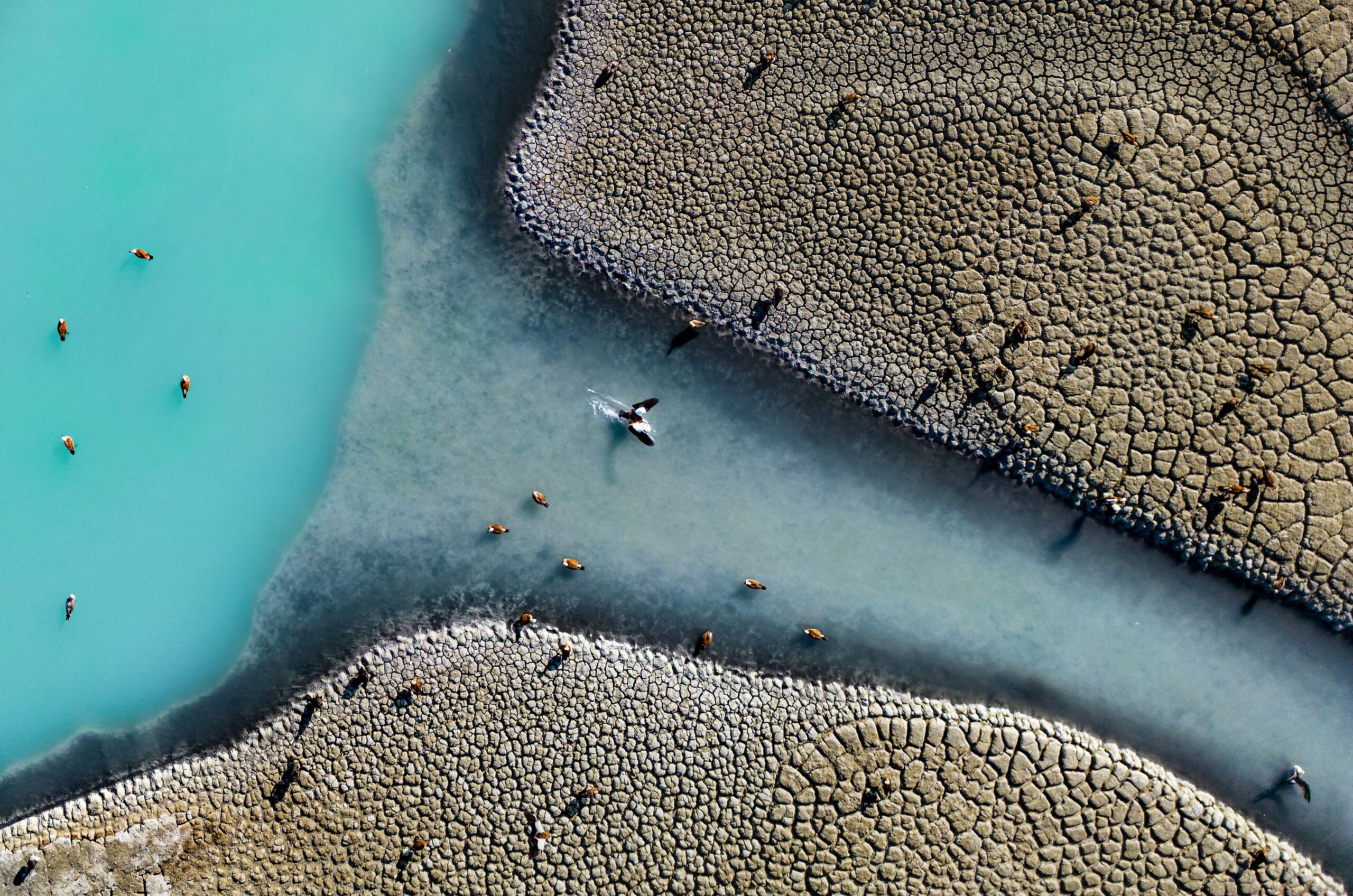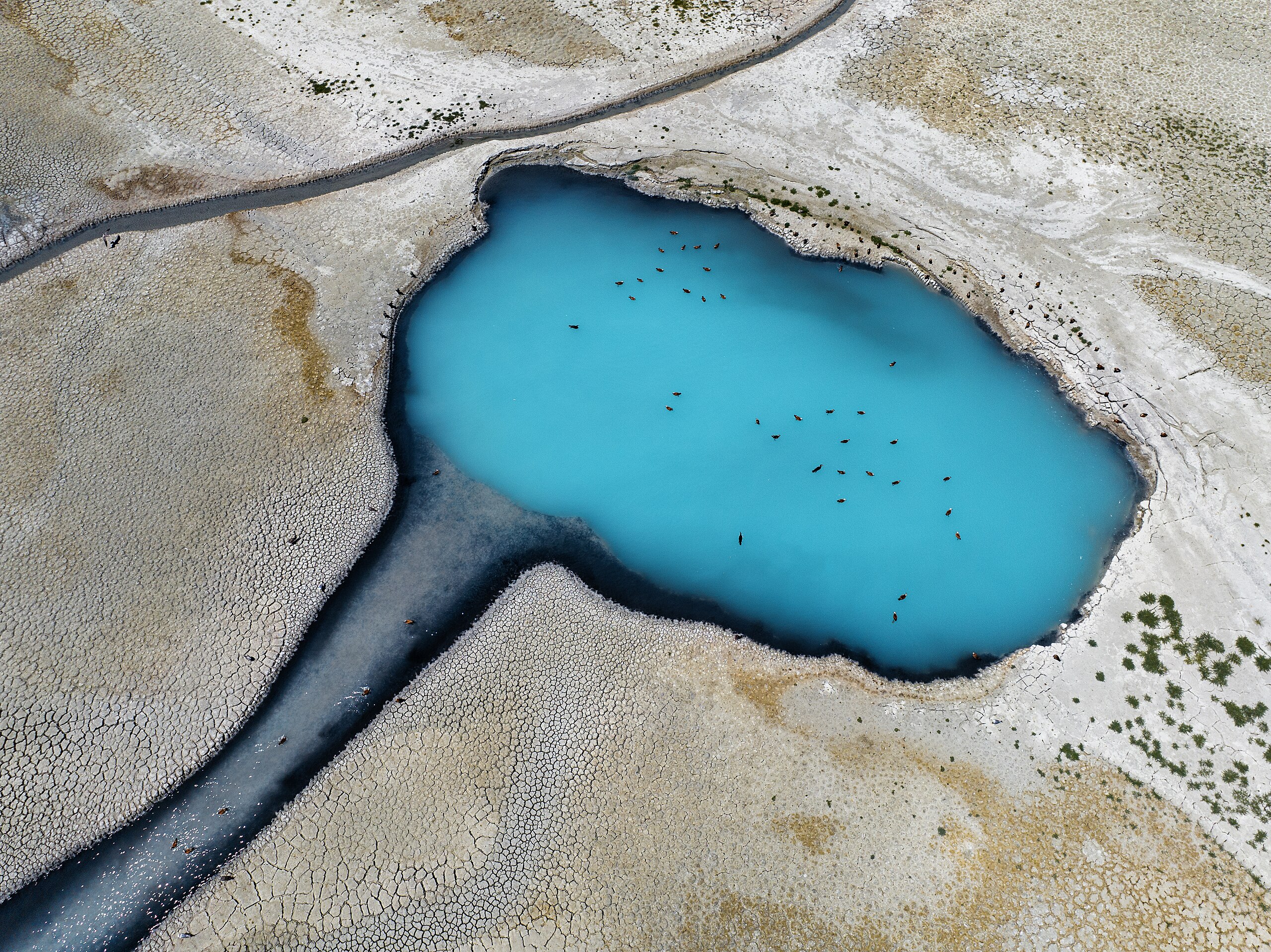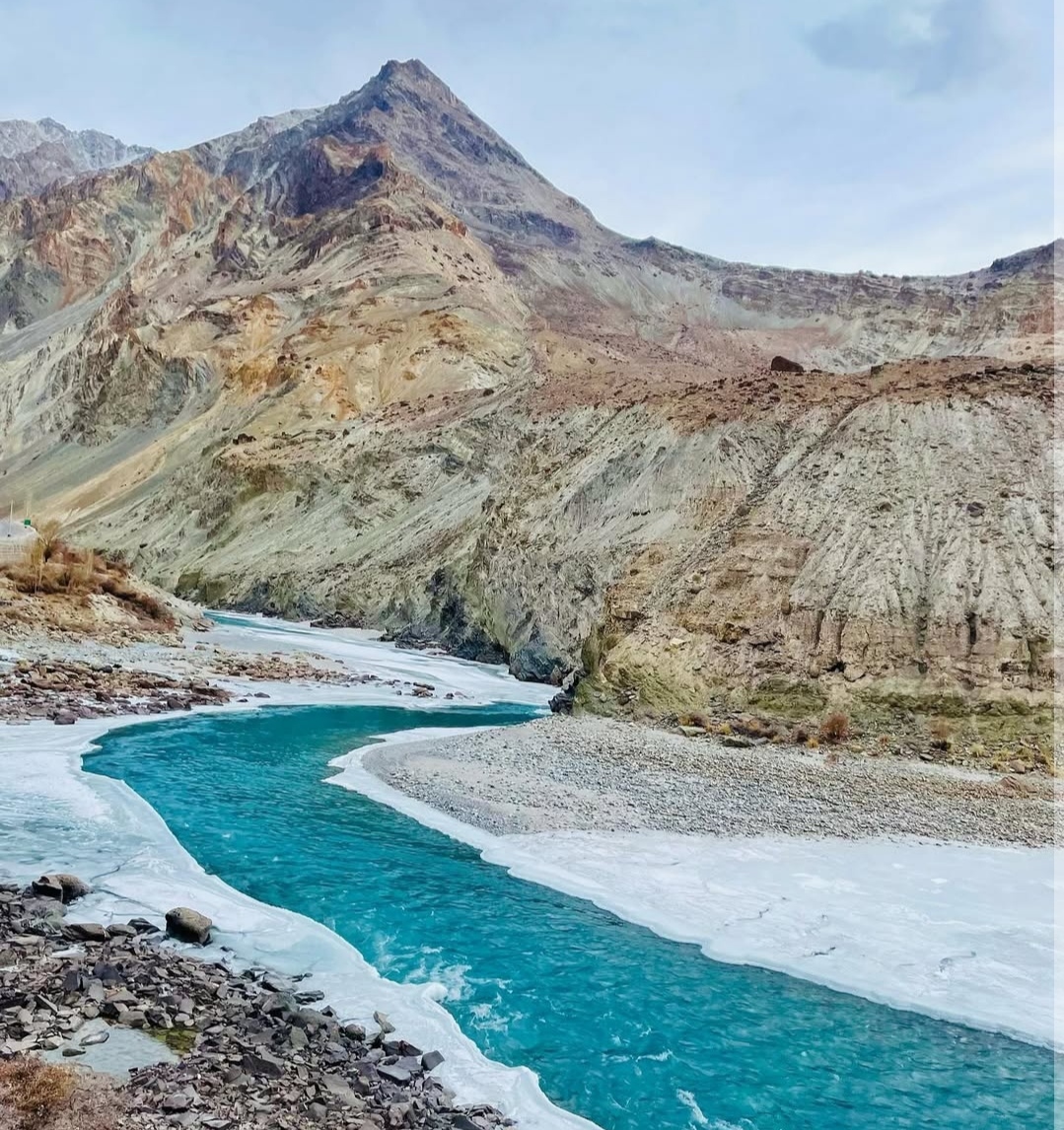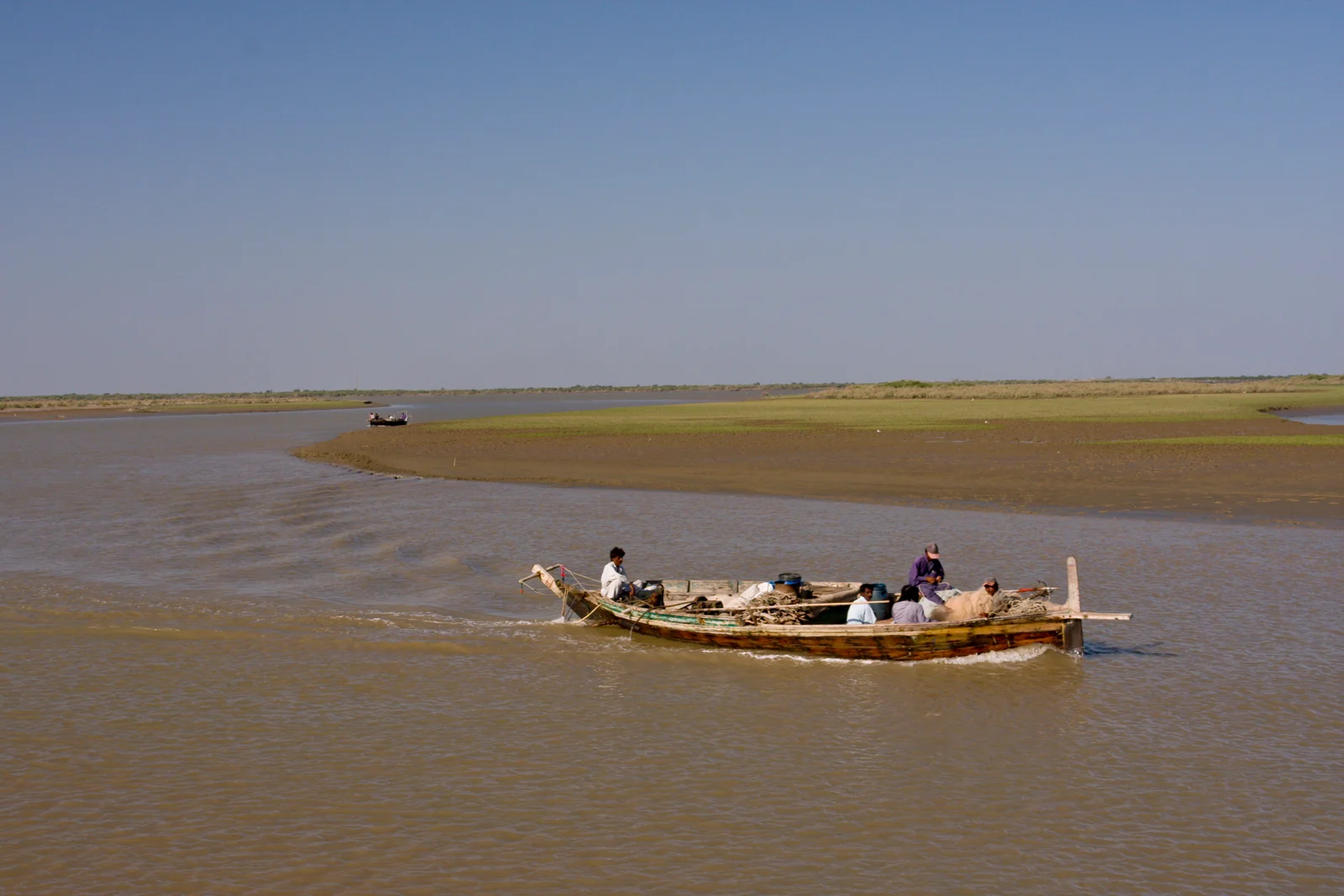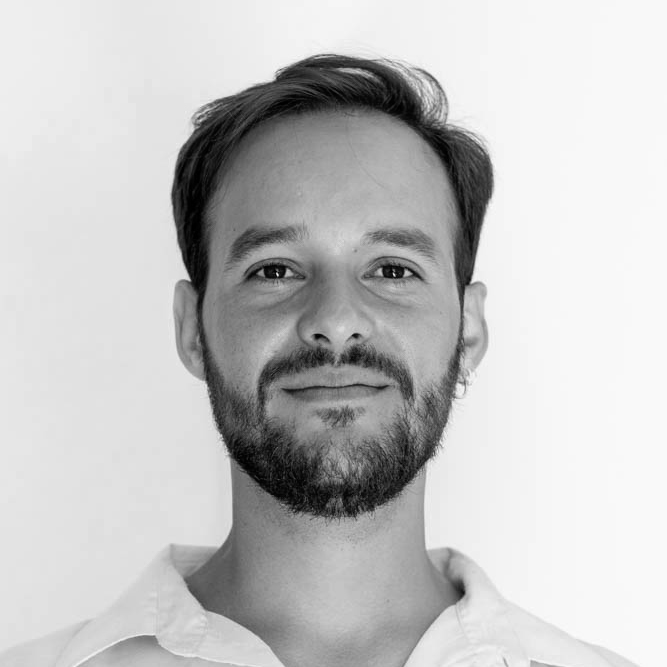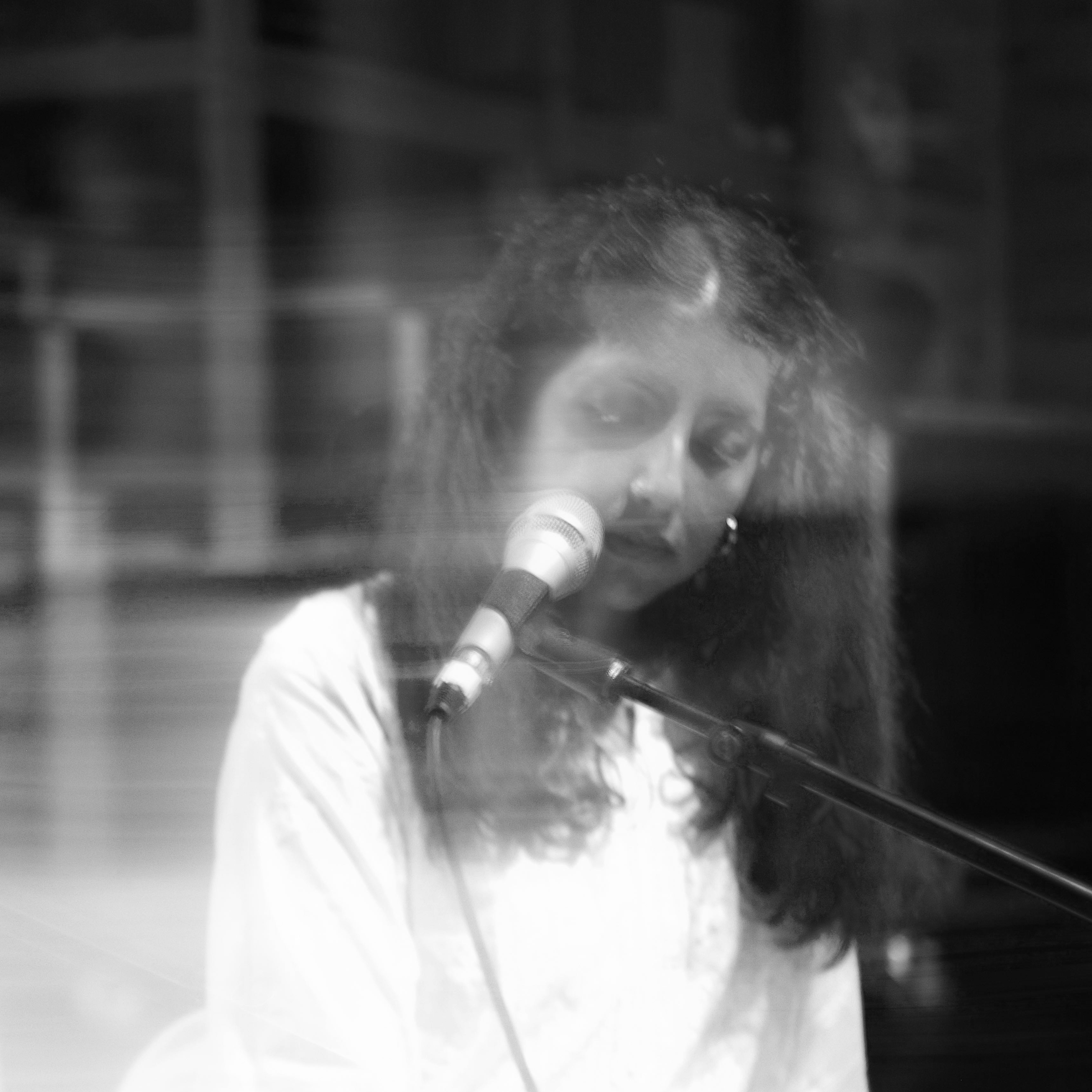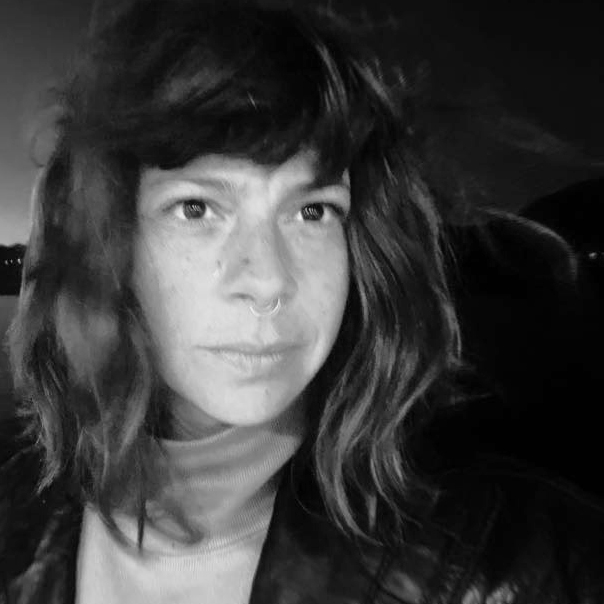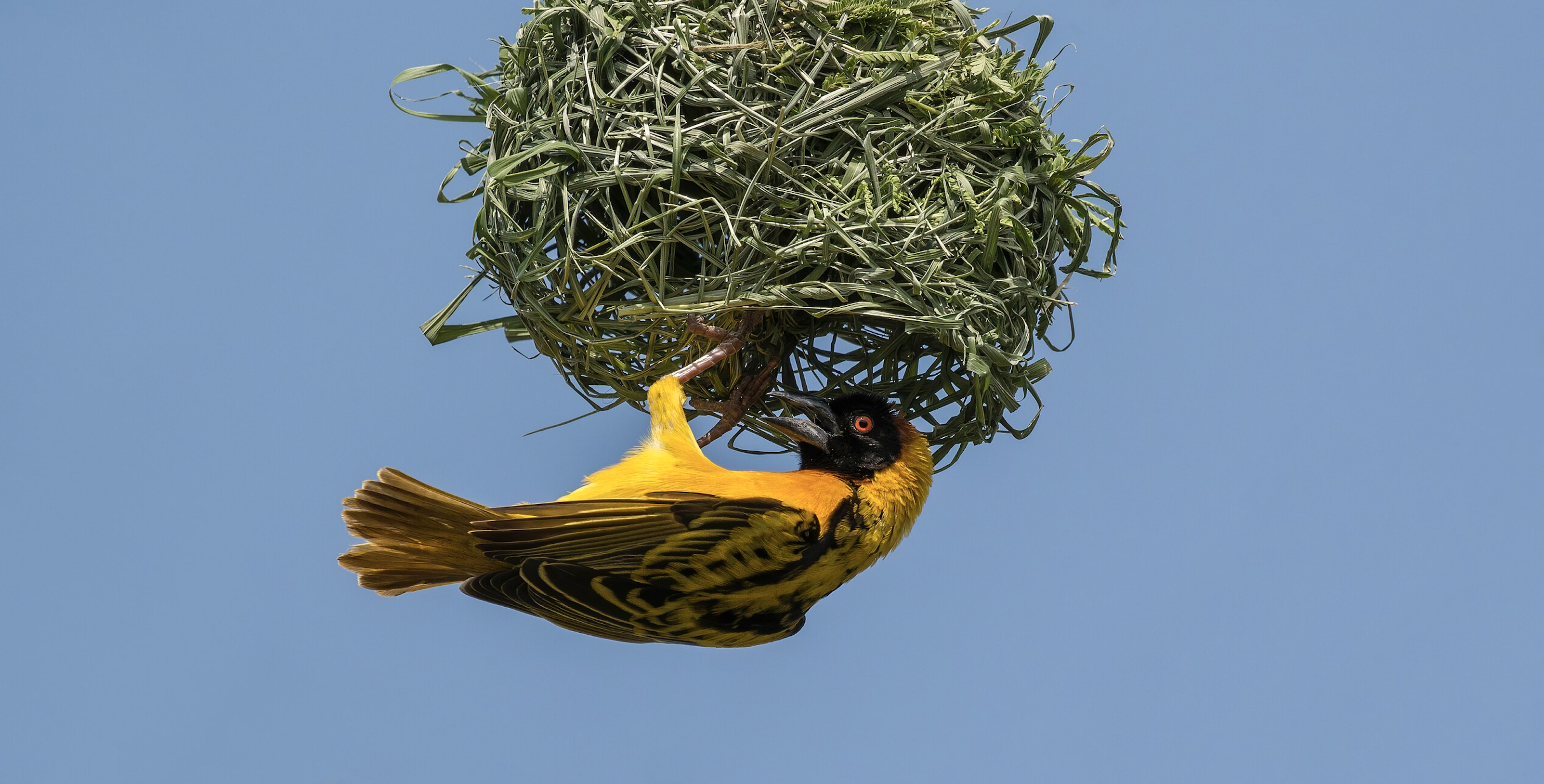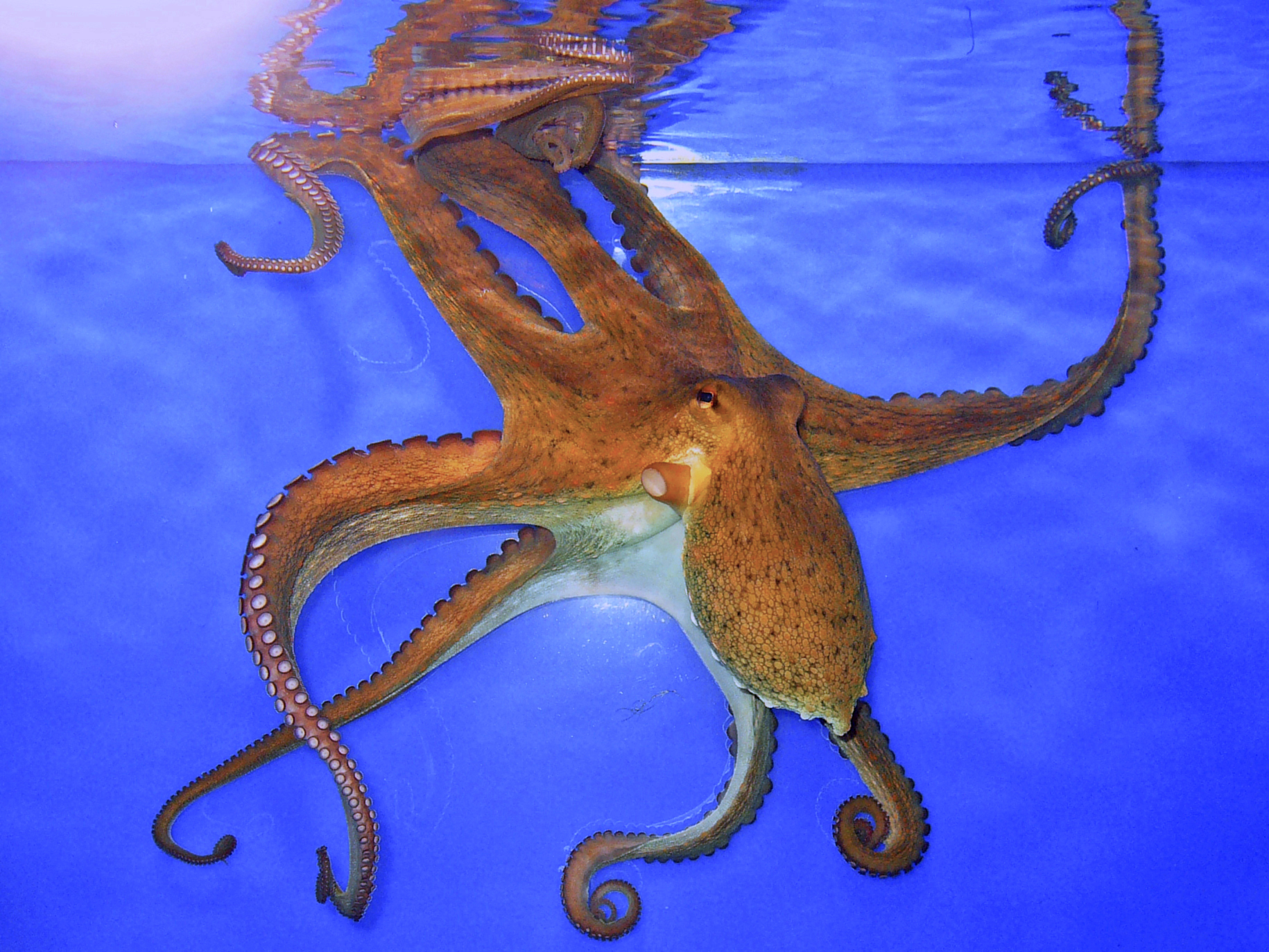Blue Ecologies ~ Sweet
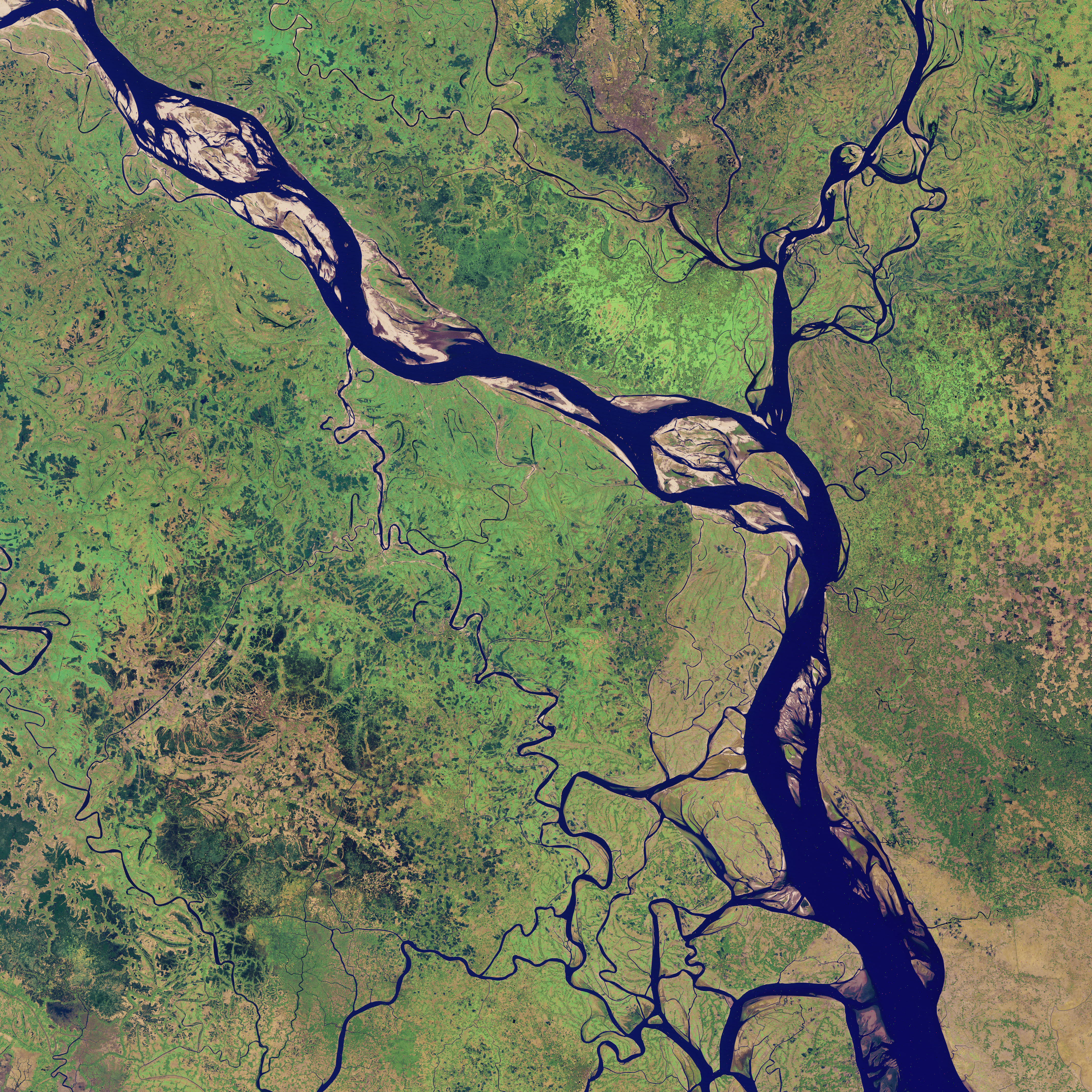
GENERAL INFO
- LED BY
-
Juan Pablo Pacheco Bejarano
- GUEST SPEAKERS
-
Elizabeth Gallón-Droste and Zahra Malkani
- DATES
-
Wednesdays, from November 5th to November 26th, 2025
- TIME
-
6:00 – 8:00 PM (CEST)
- FORMAT
-
4 online sessions via Zoom
- LANGUAGE
-
English
- FULL TUITION
-
€ 250
- DISCOUNT
-
20% for students & IPS alumni
ABOUT
Blue Ecologies ~ Sweet is the second seminar in a four-part series led by guest faculty Juan Pablo Pacheco Bejarano, exploring the ecosocial, technological, and historical dimensions of water. This time we turn to sweet waters—rivers, lakes, wetlands, and aquifers—as living bodies that shape, and are shaped by culture, infrastructure, extractivism, and resistance.
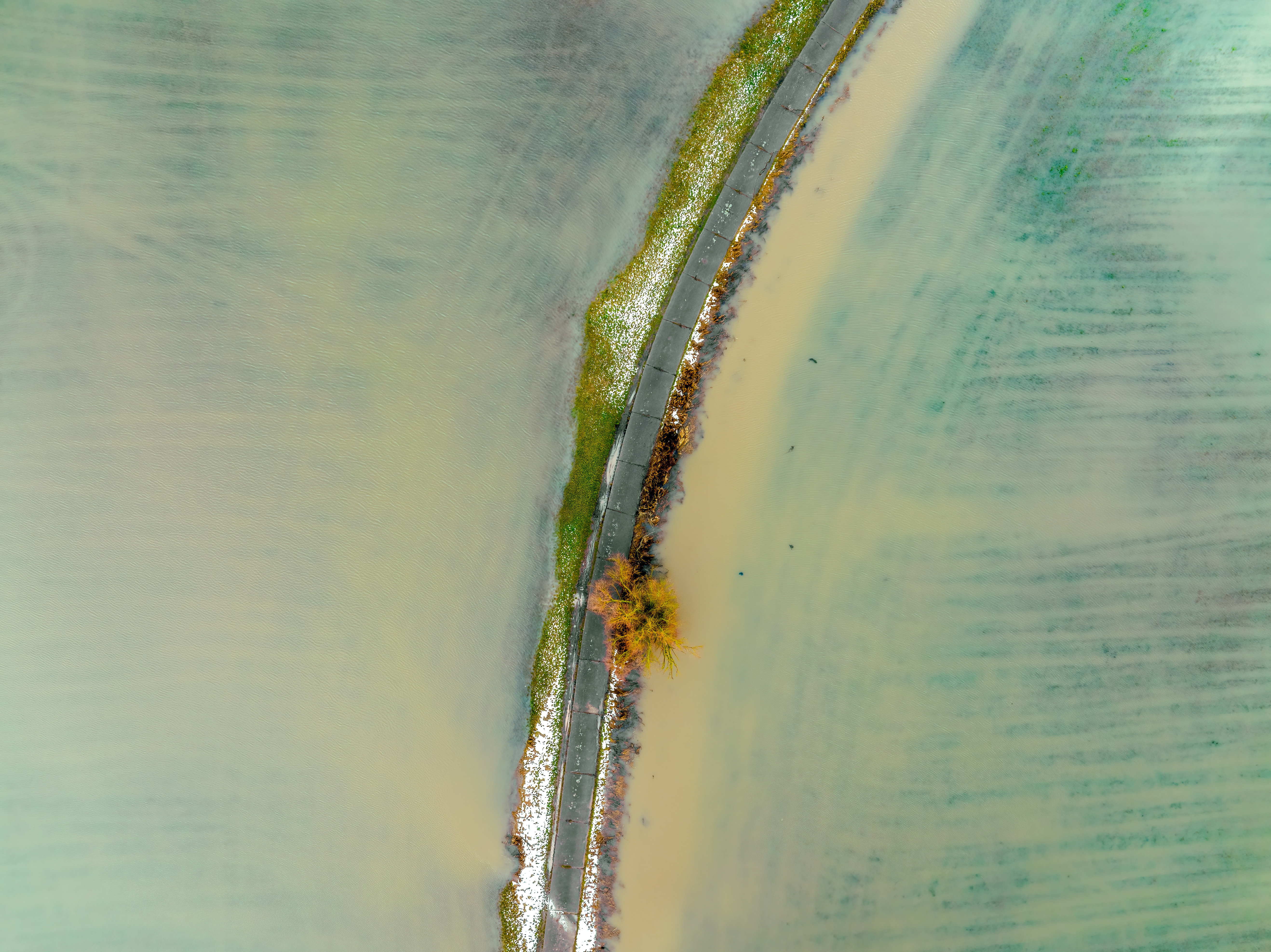
Blue Ecologies ~ Sweet
As freshwater ecosystems are increasingly threatened by climate disruption and colonial legacies, this seminar invites participants to think with water beyond the lines and borders of geopolitical maps, moving toward wet ecologies of entanglement, sound, memory, and reparation. What happens when we listen and relate to sweet waters as fluid, relational, and sacred beings? What are the embodied and collective strategies that enable humans and more-than-human communities to live within these damaged watery ecosystems?
Guest contributors Zahra Malkani (Pakistan) and Elizabeth Gallón-Droste (Colombia) bring situated perspectives rooted in their work along the Indus and Atrato rivers, sharing methodologies that blend art, anthropology, activism, and collective care. Together, we’ll explore fresh bodies of water as sites of resistance, spiritual depth, and interspecies coexistence, where floods, droughts, and hydroelectric infrastructures carry political and poetic meaning. How can fresh bodies of water and those living with them invite us to reweave transnational forms of solidarity?
From the emergence of lakes around the Indus Delta to the flooding cycles of the Atrato and the droughts of the Manzanares river, these four sessions foreground how water communicates—and how we might listen. Blue Ecologies ~ Sweet is an invitation to attune to sweet water’s rhythms and resonances: its subtle urgencies, submerged stories, and capacity to connect geographies across continents.
SESSIONS
Session I — Juan Pablo Pacheco Bejarano
05 / 11 / 2025
Humid Telepathy: Collective Practices of Wet Attunement
In this opening session, Juan Pablo will share his methodologies for listening to bodies of water as politically, ecologically, historically, and spiritually entangled entities. Drawing from his experiences along the Byfjord in Norway, the Manzanares river in Spain, and the Maas river in the Netherlands, the session offers an introduction to attuning with aquatic ecosocial geographies through technical and deep listening, soundwalks, guided meditations, and the practice of humid telepathy. How can we collectively expand our capacity to listen to the voices, territories, and bodies that animate freshwater ecosystems? How does water seep into our cities and what are the wet infrastructures that sustain us?
Session II — Zahra Malkani
12 / 11 / 2025
Stateless Sounds, Aquatic Internationalisms
Wetlands across history and geographies have been cast as syncretic, stateless sites hospitable for all sorts of mystical mischief and minglings. With a focus on the Indus Delta, where the ancient Sindhu River meets the Indian Ocean, this session explores how the unruly and ungovernable affects of water elude the extractivist eye, and how love songs, lullabies and laments for the river become soundtracks for sweet struggle.
Session III — Elizabeth Gallón-Droste
19 / 11 / 2025
When the river sounds, stones manifest
This session delves into the process of listening and the articulated defense of the Atrato River, questioning how struggles for nature’s rights expand the notion of territory to territo-rivers. What does a river mean in a pluriverse of non-commons? Through relational ontology, this session engages with the multiple connections to the Atrato and its existence, as the forces of water and social movements leak into modern law, rupturing its boundaries and allowing the river to seep into its structures. Who is a river, where does it begin, and where does it end?
Session IV — Juan Pablo Pacheco Bejarano, Zahra Malkani and Elizabeth Gallón-Droste
26 / 11 / 2025
Confluences: Methods and Echoes Across Borders
In this closing session, Zahra Malkani, Elizabeth Gallón-Droste, and Juan Pablo Pacheco Bejarano come together in an open conversation to reflect on the resonances between their practices across South Asia, South America, and Europe, and the possibility of reweaving international solidarity across bodies of water. Building on the methodologies of listening and experimental cartography shared throughout the seminar, the session will explore how these tools can be translated and transformed within the specific contexts, territories, and communities each participant works with. How might we continue listening—with and through water—beyond this online space?
BIBLIOGRAPHY
-
01.
Ballesteros, Andrea. 2019. A Future History of Water. Durham: Duke University Press.
-
02.
Blackmore, Lisa, and Alejandro Ponce de León, eds. 2024. “Hydrocommons Cultures: Art, Pedagogy and Care Practices Across the Americas.” La Escuela Journal 1.
-
03.
Klaver, Irene J. 2022. “Radical Water.” In Hydrohumanities: Water Discourse and Environmental Futures, edited by Kim De Wolff, Rina C. Faletti, and Ignacio López-Calvo, 64–88. Oakland: University of California Press.
-
04.
Licona, Adela C., and Eva S. Hayward. 2014. “Trans~Waters~ Coalitional Thinking on Art + Environment.” Terrain.Org, December 17, 2014.
-
05.
Neimanis, Astrida. 2017. Bodies of Water: Posthuman Feminist Phenomenology. London: Bloomsbury Academic.
-
06.
Pacheco Bejarano, Juan Pablo. 2024. “Humid Telepathy.” In Digging Earth: Extractivism and Resistance on Indigenous Lands of the Americas, edited by Catherine Bernard, 292–315. Cambridge (UK): Ethics Press.
-
07.
Malkani, Zahra. 2022. “A Ubiquitous Wetness.” Against Catastrophe. 2022.
-
08.
Cunha, Dilip da. 2018. The Invention of Rivers: Alexander’s Eye and Ganga’s Descent. Philadelphia: University of Pennsylvania Press.
FACULTY
-
Juan Pablo Pacheco Bejarano

Juan Pablo Pacheco Bejarano (b. Bogotá) is an artist, writer, and educator who investigates the encounters between ecology, technology and spirituality. With extensive research on water ecologies, digital infrastructures, telepathy, and fermentation, he has developed audiovisual, edible, editorial, and pedagogical projects, often in collaboration with others, seeking to amplify sensitive technologies beyond extraction. Juan Pablo has worked with the Institute for Postnatural Studies, Espacio Odeón, Plataforma Bogotá, and Escuela de Garaje. He has also taught at the Javeriana and Andes Universities in Colombia, the Royal Academy of Arts in The Hague, and Elisava Madrid. His work has been presented at Momentum 13 (Moss), Museo Reina Sofía (Madrid), Hordaland Kunstsenter (Bergen), Manifesta 15 (Barcelona), Jan van Eyck Academie (Maastricht), La MaMa (New York), Kunstenfestivaldesarts (Brussels), ISEA (Barcelona), Transmediale (Berlin), Galería Santa Fe (Bogotá), Museo Carrillo Gil (Mexico City), among others.
-
Zahra Malkani

Zahra Malkani is a multidisciplinary artist from Karachi, Pakistan. Collaboration, research, and pedagogy are at the heart of her practice. She is interested in sounding and storytelling dissent and devotion against militarism and infrastructural violence in the watery places that she loves. Working across multiple media she explores the politics of development and dispossession through the lens of dissident ecological knowledges and traditions of environmental resistance. She is a co-founder with Shahana Rajani of Karachi LaJamia: experimental and ecstatic ecopedagogies in collaboration with ongoing movements in defense of land and water in the city.
-
Elizabeth Gallón Droste

Elizabeth Gallón Droste (b. Bogotá) is an artist, anthropologist, and educator. Her practice investigates the question: Who is a river, where does it begin and where does it end? Through the arts of listening and situated research, she learns with fluvial ecologies, territorial memories, and re-mediation processes of extractive landscapes, extending the notion of territory to territo-rivers beyond (t)here. Her work fosters collaborative, sensory processes that refine attention to ecofonies and the stories interwoven in these landscapes, engaging with the (im)material, planetary, and cosmological forces. Her doctoral research (Voicing Rivers Atrato) focused on the articulation of river rights practices with the Atrato River and its communities. Currently, she is a postdoctoral researcher at the Center for Spatial Cosmology, HafenCity University Hamburg. Her work has been presented in documenta15, Meandering (TBA21 Academy), and RAW Material Dakar. She is the author of Útica, under the murmuring waters (Oreri, 2024).
